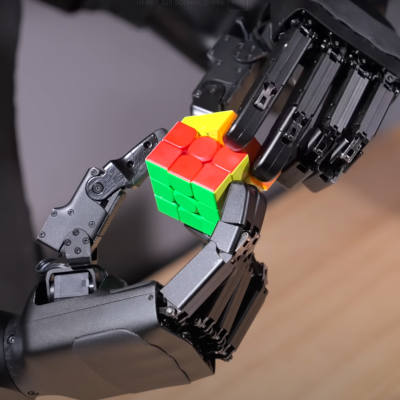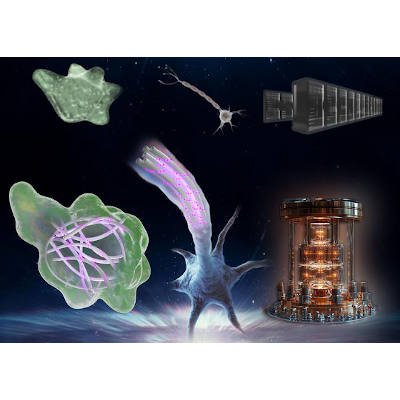Robots revolutionize plant bioengineering for food and energy
Apr. 17, 2025.
2 mins. read.
3 Interactions
Automation speeds up genetic changes in plants to boost oil production and resilience for bioenergy and food security.
Growing populations need more food and energy. Extreme weather harms crops. Traditional breeding takes years to improve plants. Plant bioengineering changes plant traits faster. Bioengineering is modifying plant genes for better growth. It boosts yields and stress resistance. This process is complex and slow.
Researchers at the Center for Advanced Bioenergy and Bioproducts Innovation found a solution. They use robots to speed up bioengineering. A biofoundry, a lab with robots and computers, automates plant changes. This method, called FAST-PB, improves plant oil production. It helps create bioenergy crops. Bioenergy crops produce fuel from plants.
The biofoundry uses robotics and computer-aided design. It makes genetic changes quickly. Researchers engineer plants for more oil. Oil in plants can replace fossil fuels. The process also improves photosynthesis. Automation saves time and effort. Scientists test gene changes in plant cells. They create whole plants with better traits. This supports food and energy security. The biofoundry helps edit plant genomes. A genome is a plant’s complete set of genes.
Automation and Single-Cell Analysis
The biofoundry automates three key processes. First, it isolates protoplasts. Protoplasts are plant cells without walls. This lets scientists study gene changes fast. Second, it automates plant tissue culture. Tissue culture grows plants from cells. This boosts oil in engineered plants. Oil droplets in these plants grow larger. Third, it uses single-cell metabolomics. Metabolomics studies chemical processes in cells. Robots measure chemicals in single cells. Artificial intelligence (AI) analyzes data. This shows differences between edited and non-edited cells.
FAST-PB changes plant bioengineering. It combines automation and precise cell analysis. This speeds up genome editing. It supports metabolic engineering. Metabolic engineering improves plant chemical processes. The method reduces labor and costs. It helps create plants with more oil and resilience. These plants produce biofuels. Biofuels are fuels from plants. The research supports scalable bioenergy production. It aligns with goals to make efficient biofuels. Automated bioengineering creates cost-effective crops. These crops store more energy and yield more. This work helps build a bio-based economy. It reduces reliance on imported fuels. It strengthens agriculture.
The researchers describe the methods and results of this study in a paper published in The Plant Cell.
Let us know your thoughts! Sign up for a Mindplex account now, join our Telegram, or follow us on Twitter.


.png)

.png)


.png)





0 Comments
0 thoughts on “Robots revolutionize plant bioengineering for food and energy”